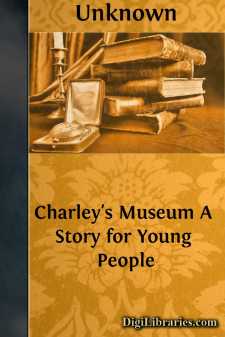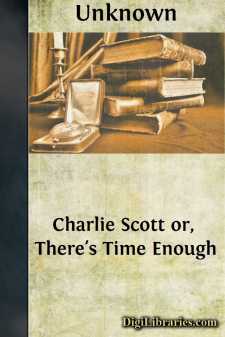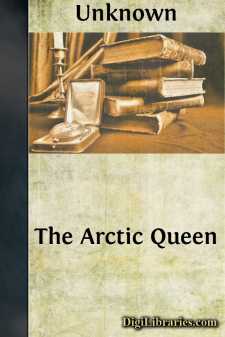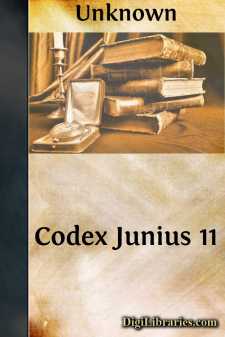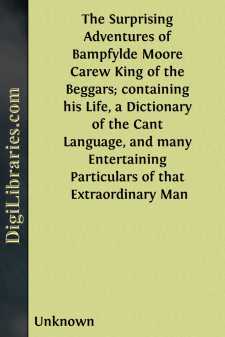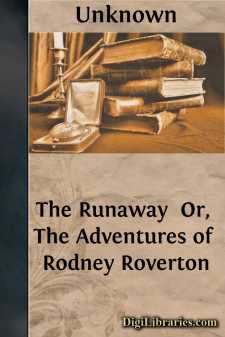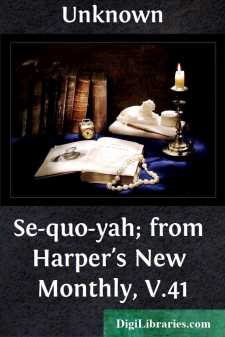Categories
- Antiques & Collectibles 13
- Architecture 36
- Art 48
- Bibles 22
- Biography & Autobiography 813
- Body, Mind & Spirit 142
- Business & Economics 28
- Children's Books 17
- Children's Fiction 14
- Computers 4
- Cooking 94
- Crafts & Hobbies 4
- Drama 346
- Education 46
- Family & Relationships 57
- Fiction 11829
- Games 19
- Gardening 17
- Health & Fitness 34
- History 1377
- House & Home 1
- Humor 147
- Juvenile Fiction 1873
- Juvenile Nonfiction 202
- Language Arts & Disciplines 88
- Law 16
- Literary Collections 686
- Literary Criticism 179
- Mathematics 13
- Medical 41
- Music 40
- Nature 179
- Non-Classifiable 1768
- Performing Arts 7
- Periodicals 1453
- Philosophy 64
- Photography 2
- Poetry 896
- Political Science 203
- Psychology 42
- Reference 154
- Religion 513
- Science 126
- Self-Help 84
- Social Science 81
- Sports & Recreation 34
- Study Aids 3
- Technology & Engineering 59
- Transportation 23
- Travel 463
- True Crime 29
Sort by:
by:
Unknown
I wish that all the little boys and girls who read this story could see Grandmother Puss; but as they cannot, I will tell you something about her. She is a very large, and handsome old cat of grave aspect, and solemn manners. Her face is black, with white marks around the eyes, and across the nose, which make her look as if she wore spectacles; and she has a grandson called Peter, who lives with her....
more...
by:
Unknown
CHARLEY'S MUSEUM. Charley Carter was a bright, active lad, of twelve years old, the son of a farmer, who lived a few miles distant from Philadelphia. He was a very great favorite of his uncle Brown, his mother's brother, who was a wealthy merchant in the city. He was also a favorite of another brother of his mother, who had been, for many years a sea captain, sailing to all parts of the...
more...
by:
Unknown
Mr. Editor:—Your correspondent, N.B.S., has so decisively given a quietus to the question as to the birthplace of Cotton Mather, that there is no danger of its ever being revived again. But there is another question of equal importance to many, to the literary world in particular, which should in like manner be put to rest. Who was Mother Goose? and when were her melodies first given to the world?...
more...
by:
Unknown
CHAPTER I. A SHIP AT LAST. HIS has been a hard month for me," thought Morley Scott, the pilot, as he stood shading his eyes from the sun, and gazing anxiously out at sea. He hoped to have caught a glimpse of ships in the distance, for the winds had been very contrary lately. Many ships had been obliged to pass by the harbour, unable to get in, and the pilots had found very little to do. "That...
more...
by:
Unknown
GOODY TWO-SHOES. Farmer Meanwell was at one time a very rich man. He owned large fields, and had fine flocks of sheep, and plenty of money. But all at once his good fortune seemed to desert him. Year after year his crops failed, his sheep died off, and he was obliged to borrow money to pay his rent and the wages of those who worked on the farm. At last he had to sell his farm, but even this did not...
more...
by:
Unknown
PART FIRST. Oene, of all the chilly Arctics, queen,Ascended to her everlasting throneBuilt on the steadfast centre of the world,And waited for the middle hour of night,Now swiftly coming, to convene her court.Set in an ocean of perpetual calmWas the fair island honoured by her reign;Slowly around her rolled the Frigid Zone,Dim in the mystic moonlight far away,—A silvery ring, circling her nearer...
more...
by:
Unknown
LIBER I (ll. 1-28) Right is it that we praise the King of heaven, the Lord of hosts, and love Him with all our hearts. For He is great in power, the Source of all created things, the Lord Almighty. Never hath He known beginning, neither cometh an end of His eternal glory. Ever in majesty He reigneth over celestial thrones; in righteousness and strength He keepeth the courts of heaven which were...
more...
by:
Unknown
THE LIFE AND ADVENTURES OF BAMPFYLDE MOORE CAREW. Mr. Bampfylde Moore Carew was descended from the ancient family of the Carews, son of the Reverend Mr. Theodore Carew, of the parish of Brickley, near Tiverton, in the county of Devon; of which parish he was many years a rector, very much esteemed while living, and at his death universally lamented. Mr. Carew was born in the month of July 1693; and...
more...
by:
Unknown
CHAPTER I. RODNEY UNHAPPY IN A GOOD HOME. T was a lovely Sabbath morning in May, 1828, when two lads, the elder of whom was about sixteen years old, and the younger about fourteen, were wandering along the banks of a beautiful brook, called the Buttermilk Creek, in the immediate vicinity of the city of Albany, N. Y. Though there is no poetry in the name of this little stream, there is sweet music made...
more...
by:
Unknown
In the year 1768 a German peddler, named George Gist, left the settlement of Ebenezer, on the lower Savannah, and entered the Cherokee Nation by the northern mountains of Georgia. He had two pack-horses laden with the petty merchandise known to the Indian trade. At that time Captain Stewart was the British Superintendent of the Indians in that region. Besides his other duties, he claimed the right to...
more...



